Step to step Guide for getting a Student Visa To Japan
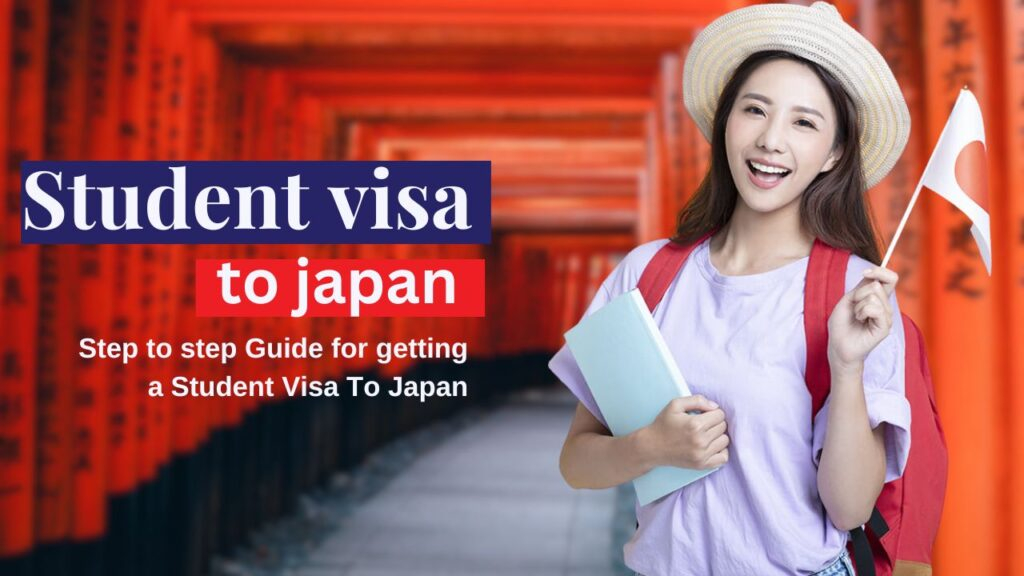
Applying for the student visa to Japan
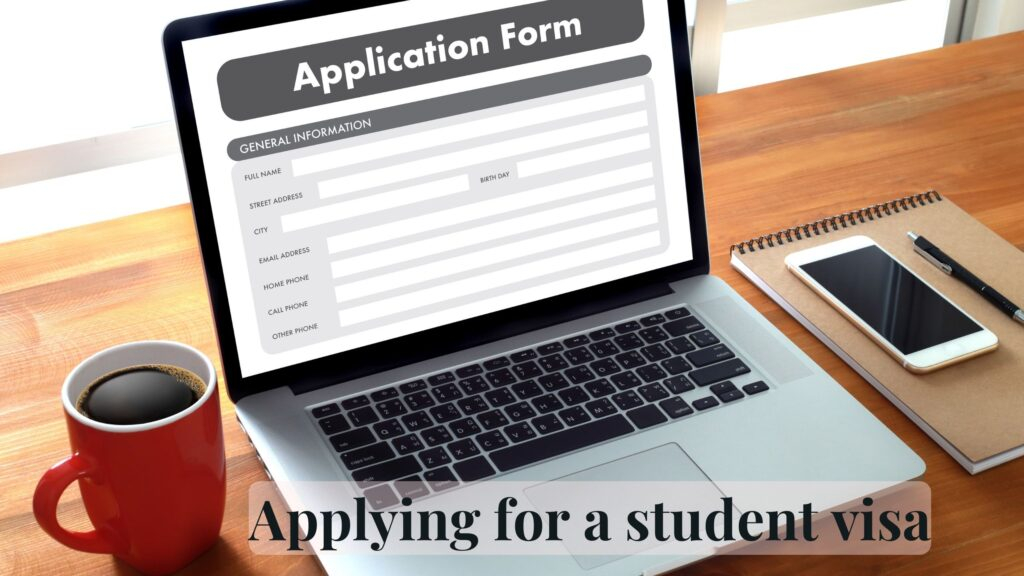
Now, we will assume that you’re applying as a Bangladeshi student. We will brief you on the entire process, from applying to the university to landing in Japan. If you’re already a visa holder with any other status, you can go to the immigration office and change it to a student visa with a motivation letter. Here are the steps:
- Choosing a Japanese University for International Students
- Complete the College application
- Receive a Certificate of Eligibility (COE)
- Attend Visa Interview at the Japanese Embassy
- Get the visa and prepare to fly
1. Choosing a Japanese University for International students
| Name of the university | Preferred Majors | Websites | Tuition Fees per year (Yen) |
| The University of Tokyo | Graduate programs in Frontier Sciences, Sustainability Science | Website | 5,358,000 |
| Waseda University | Waseda University International Program (WIP), Global Leadership Program (GLP) | Website | 1,057,000 |
| Keio University | Keio University International Program (KIP), various English-taught graduate programs | Website | 980,000 |
| Sophia University | Undergraduate and graduate degrees in liberal arts, business, international relations | Website | 1,360,650 |
| Tokyo Institute of Technology | International graduate programs in science and engineering | Website | 5,358,000 |
| Rikkyo University | Global Liberal Arts Program (GLAP), graduate programs in business, international relations | Website | 200,000 |
| Meiji University | Global Japanese Studies Program, various undergraduate and graduate programs in English | Website | 1,020,000 |
| Hosei University | English-based Degree Programs in global business, sustainability co-creation, science and technology | Website | 788,000 |
| Temple University, Japan Campus | Undergraduate and graduate programs in English, including business, law, communication | Website | 3,424,700 |
| International Christian University | English-based undergraduate programs, emphasis on liberal arts | Website | 1,056,000 |
| Tokyo College of Music | Undergraduate and graduate programs in music taught in English | Website | 240,000 |
| Kyoto International University | Programs in English focusing on global affairs, global studies, social sciences | Website | 535,800 |
| International College of Liberal Arts | Liberal arts education in English with a global perspective | Website | 1,216,000 |
| Kyushu University | Graduate programs in English in engineering, international development, science | Website | 535,800 |
| University of Tsukuba | Graduate programs in English including international business, environmental sciences, computer science | Website | 535,800 |
| Ritsumeikan University | English-taught programs including Asia Pacific University (APU) focusing on international relations, sustainability | Website | 732,000 |
| Doshisha University | English-taught undergraduate and graduate programs in Global Studies, Global Business Administration | Website | 459,000 |
| NUCB Undergraduate School | Programs in English specialising in business-related fields | Website | 4,874,000 |

2.Complete the College Application
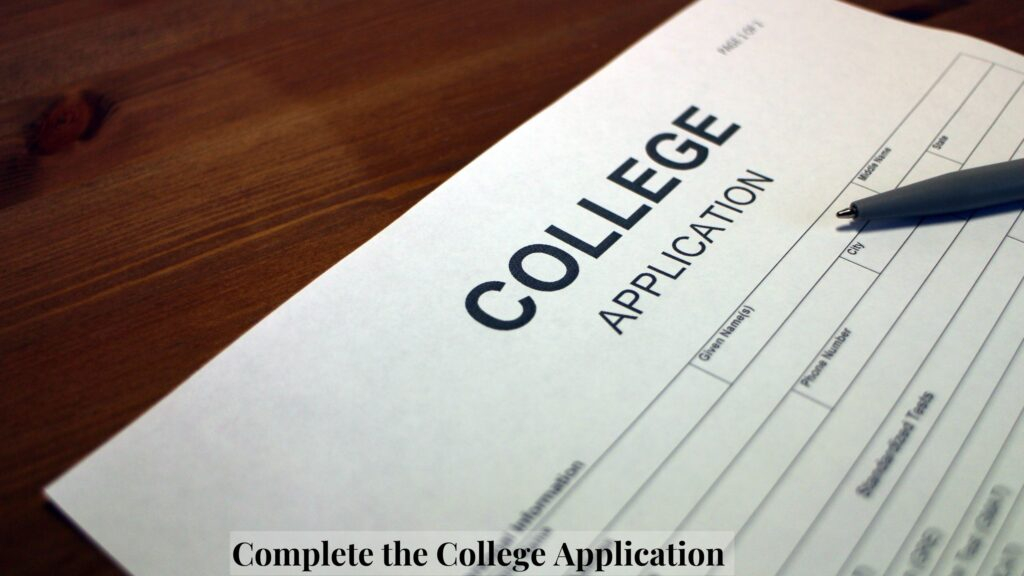
There are several parts of the college application. We will discuss each part by providing the necessary information.
Selecting the desired college
Stick to one of the colleges on your list. You might apply to more than one for backups. But only commit to some of them. You can look at the universities’ websites. Give focus on which subject you want to study. Consider the location of the universities.
Fill up the application information carefully
Please fill out the names, contact details, and passport information correctly. Any misinformation can cause future inconveniences.
Submit Academic Transcripts and Certificates
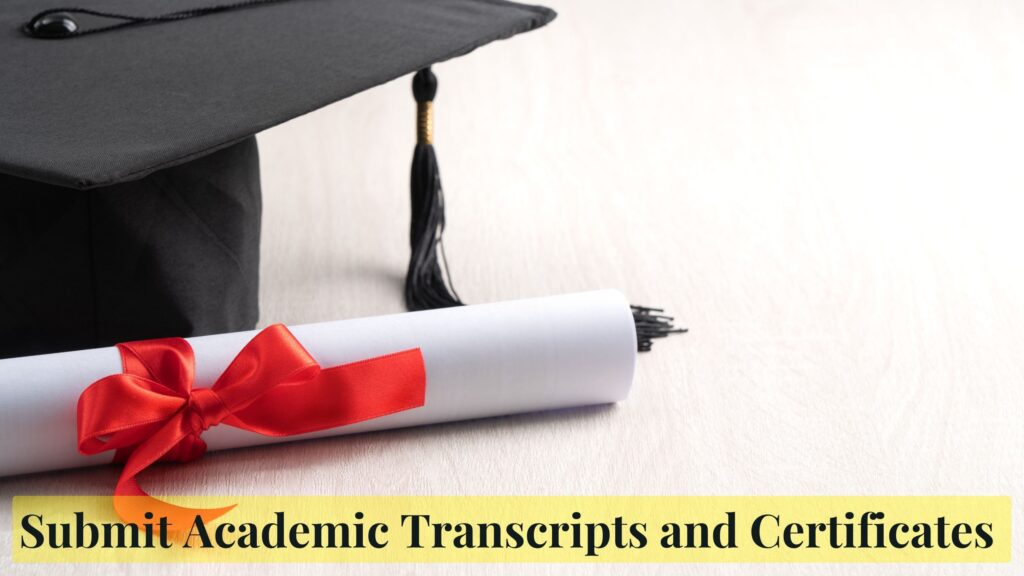
To become eligible for admission to Japanese universities, you must complete your HSC exam. An excellent academic record will result in a bigger amount of scholarships. The admission committee will look through the transcripts and certificates carefully. It’s your responsibility to collect all the transcripts from 9th Grade, as some universities might ask for those. This proactive step will show your commitment to your application.
Submit Recommendation Letters from your school teacher
One significant task is to collect a Letter of Recommendation from your previous school teacher. This letter will advocate for your qualities and skills and explain how you can contribute to the university’s community. Ask your teachers before 1 or 2 months of the application so that they can prepare it well for you.
Organise Extracurricular Activities Certificates
Join various activities outside of educational life. Get involved in voluntary tasks, event management, high school Internships, various olympiads, arts, music, and sports. Showcase what you learned from the journey full of excitement and adventure through these activities. The admission officers of these universities value these certificates.
Prepare the College Essays
Essays are a crucial part of your university application. They provide a platform to showcase your character and values, and demonstrate how you can apply your knowledge and leadership skills for the benefit of the university. It’s advisable to start preparing them at least 1 month prior to the deadline, as this allows you to avoid last-minute stress and ensure your essays are free from grammatical errors and written from your heart.
Keep contacting the Admission Committee
If you have any questions, mail the admission officers. Don’t keep any doubts within yourself. It is just one email away.
Apply a week before the deadline

Be sure to complete the application as soon as possible. Don’t wait for the last hours as the website might remain blocked or down. It’s crucial to check that all sections are properly filled in before submission. Once everything is in order, submit it! After submitting, wait till the admission result comes out. Now comes the main task of visa processing.
3.Receive Certificate of Eligibility
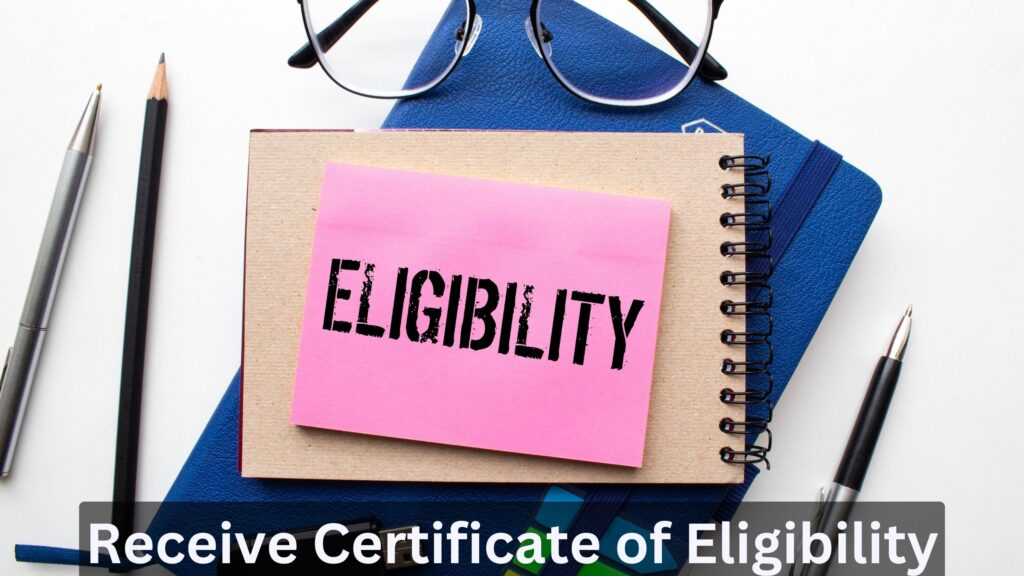
What is a Certificate of Eligibility (COE)?
A Certificate of Eligibility is official permission from the Japanese immigration office to grant entry permits to international immigrants. This COE is an important document that acts as the other half of the visa. Without it, there is no chance of getting a visa.
Obtaining the Certificate of Eligibility is a process facilitated by your university. They will apply for the official permit on your behalf to the nearest immigration office. Once the eligibility criteria are met, the request for COE will be accepted and returned to the university. You will be promptly informed once the university receives it. This process, guided by your university, ensures your student visa.
Required documents for getting COE

To get the Certificate of Eligibility, you must submit the following documents. Remember to send everything via post.
Students Application Form
This is the most necessary document. Fill out the forms carefully. The screening will be strict, and the staff will look thoroughly through every information. After all, they want a solid human to come to their country.
Formal Photos
You will need to send at least 12 copies of your formal photos. Make sure that the images are fresh and clear, avoid glasses, and have a decent haircut. Also, make sure that the images were taken within three months.
Passport Scanned Copy
Please take a good snap of your passport and send it along with all the documents. It should be clear.
Academic Documents
Be sure to submit the primary copy of HSC transcripts and certificates. If you’re an A-level student, submit the AS and A2 transcripts.
Proof of Financial Capability
Send all the necessary documents to prove your financial strength to join the university. The amount you need to show as savings depends on the city’s tuition fees, living expenses, and other fees. You can prove the financial solvency by showing some of the following documents:
- Salary Statements
- Income source certificates
- Scholarship letter
- Letter of sponsorship
- Savings of minimum 3,000,000 Yen (2,500,000 BDT)
Who will be my sponsor for the student visa to Japan?
As an international student, the university’s admission office will act as the sponsor. In that case, you must pay the tuition and enrollment fees first. When you pay, the university will ask you to send the necessary documents by post. After receiving them, they will check all the documents carefully to see if they require any updates. Soon, they will submit those to the nearest immigration office in Japan. The whole process might take up to 2 months. Have patience and remain confident.
4.Attend Visa Interview at the Japanese Embassy
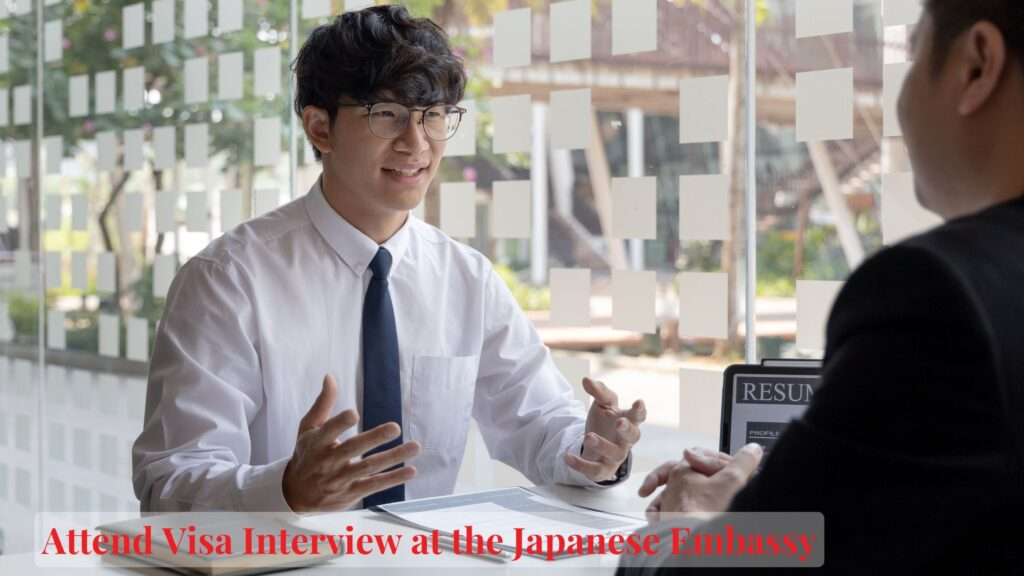
When you get the Certificate of Eligibility, apply for the Visa interview. Make a flexible appointment date.
Required Documents for Student Visa Appointment
Bring these documents to the embassy 30 minutes before your scheduled time. Recheck these.
- Valid Passport
- Visa Application Form
- Formal photo taken within the last three months
- Certificate of Eligibility (Original and two photocopies)
- Letter of Acceptance by the university
- Bank Statements
- Other documents mentioned on the website
Beneficial Tips for the Student Visa Interview
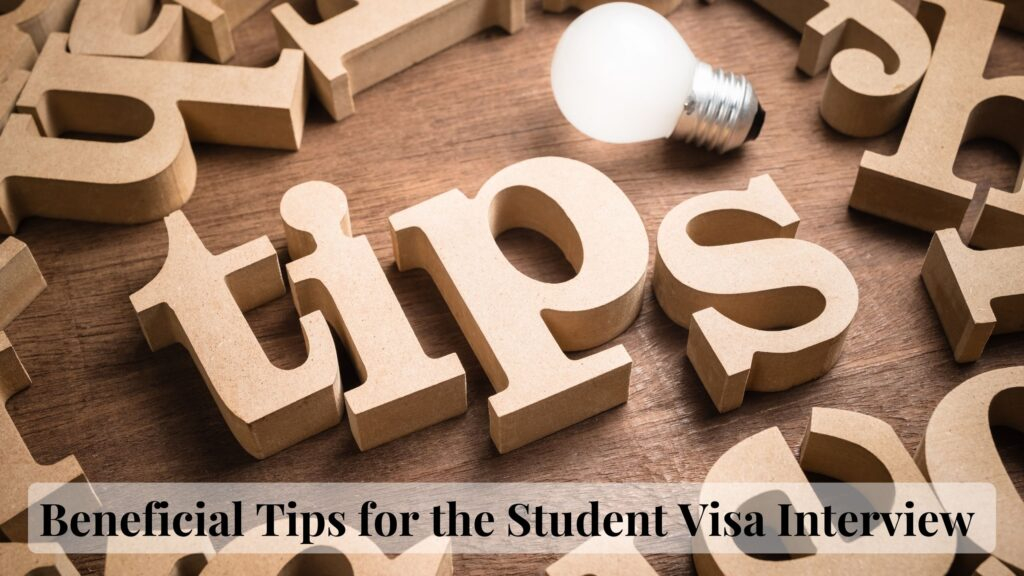
Try to follow these steps to get a student visa quickly.
- Wear a full-sleeved shirt and a trouser. Tuck in the shirt well
- Be present before half an hour of the time
- Remain confident and smile with everyone. This will create a positive energy
- Talk boldly and clearly
- Don’t fear about the result
- Take your COE back after checking
5.Get the Visa and Prepare to Fly
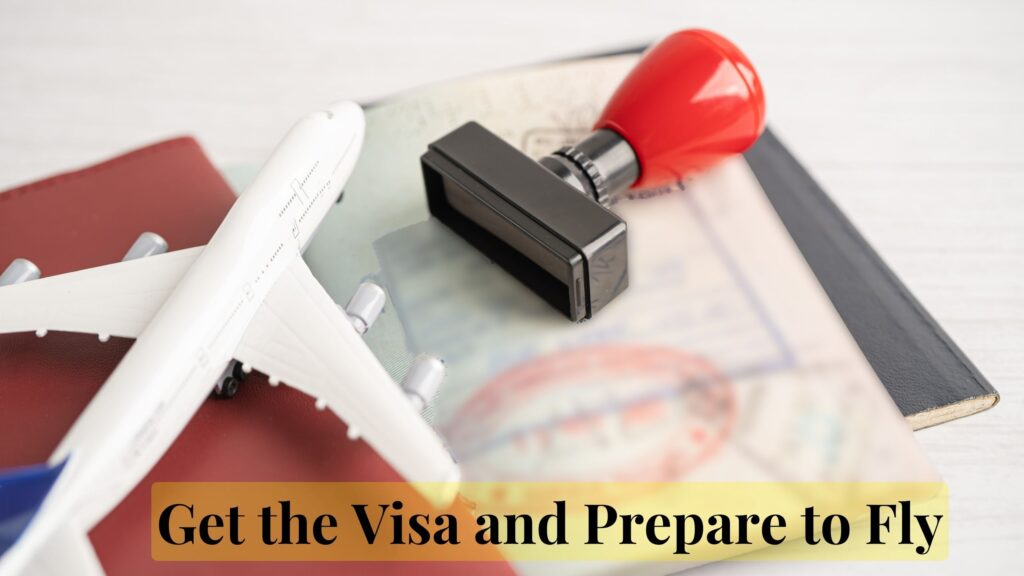
Wait for 5-7 days to get the visa back to you. After that, you must travel to Japan as soon as possible. Be sure to do the following as part of your preparation:
- Do necessary shopping
- Arrange and collect every document to show to the immigration office in Japan
- Make a connection with the university students beforehand
- Look for jobs before going to Japan
- Fix your Accommodation rooms
- Book plane tickets as early as possible
Reasons your Japan's student visa might get rejected
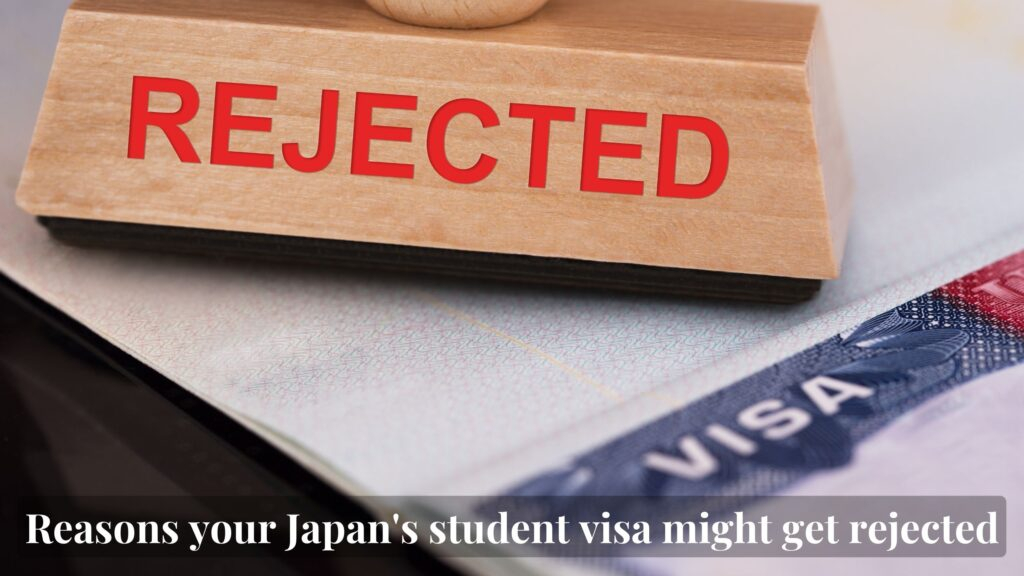
The success rate of getting a student visa in Japan is 95%. If anyone has any severe application problem, the embassy only rejects the applicant. The Japanese embassy might reject you if you do wrong in some of the vital situations, like:
- If you’ve applied to any other university previously but didn’t mention it to the immigration office
- If you’ve applied to other universities and committed to those but didn’t mention them beforehand
- If there is any misinformation in the application
- If you can’t answer the question: ‘Why do you want to come to Japan?’
- If you cannot show the bank balance properly
Conclusion
Getting a student visa in Japan is easy. Submit all your documents, take the COE, and schedule your visa. Then, you can take a flight to Japan.
If you need help with any part of the application, feel free to contact the representatives of Meiji Education and boost up your journey.
Frequently Asked Questions
The registration fee for Japan's student visa appointment depends from country to country. But there is another good news for Bangladeshi students: the student visa fee is Zero, that means you don’t have to spend a single penny for the visa. Schedule an appointment for free and secure your spot. Best of luck!
The whole process, starting from requesting the COE to getting the visa, takes about 2-3 months. If you have made an appointment after getting the COE, only 5-7 days are enough to prepare a new visa. Keep checking the emails from the embassy.
Getting a part-time job is easy in Japan. Going there, if you have any relatives, they can manage it for you. But if you have no relatives or seniors, you can find it alone.
Search Online:
Go to websites where people directly hire students for their shops and stores. You can filter through location and work types.
Search Offline:
Look for the hiring tags at your neighborhood stores. You can also check for the university's on-campus jobs.
To work outside, you must seek university permission to engage in activities. International students can work 28 hours at a maximum per week. If you’re doing two jobs, split the working hours as 14 for each. Exceeding this limit can cause issues with your student visa. There are also some on-campus jobs. Look for them and make your 28 hours of work an interesting one.
The student visa allows a student to remain in Japan for four years and three months. If exceptional cases occur, go to the immigration office. They will renew it upon request.
This is a lengthy process, and you have to go through several steps for this sequentially. Such as:
- Finding a Job
After graduation, you will have an additional six months to get a job or look for a company to get into.
- Getting a Work Permit
After a company hires you, request that they get a Certificate of Eligibility to work in Japan. They must apply to the nearest immigration office, which might take 2-3 months. After you get the COE, you have full rights to work and enjoy every facility in Japan.
- Getting a Permanent Residency in Japan
International students should stay at least ten years, including five years of work experience. After ten years of stay, you can apply for a visa. The application to the immigration office doesn’t ensure that you will get the PR. Instead, your character, previous records, skills, and intentions are the top priorities for immigration officers who want to grant permanent residency in Japan.
// JavaScript for making the FAQ headers interactive var acc = document.getElementsByClassName("faq-header"); var i; for (i = 0; i < acc.length; i++) { acc[i].addEventListener("click", function() { this.classList.toggle("active"); var panel = this.nextElementSibling; if (panel.style.display === "block") { panel.style.display = "none"; } else { panel.style.display = "block"; } }); }